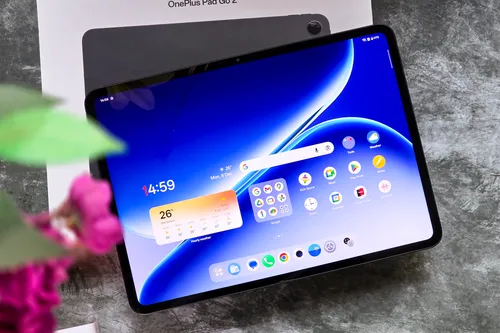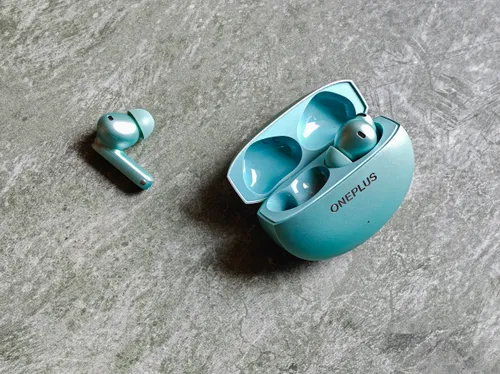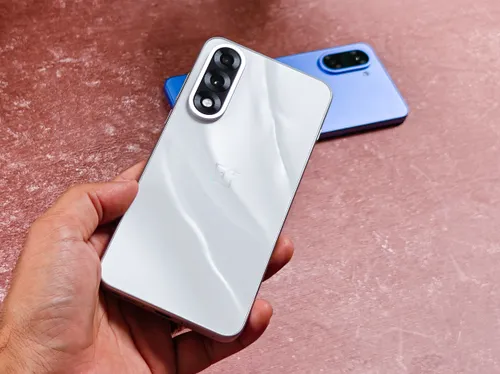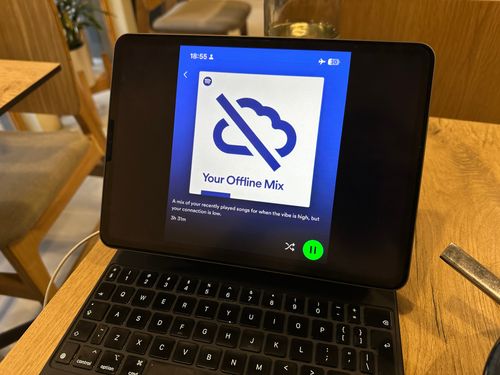
Spotify preps an offline playlist feature for times you enter an internet-less abyss
Spotify will let you enjoy music with a playlist of offline songs, even if you enter the dark pits of hell. Just don’t expect this to be a free perk. Duh!
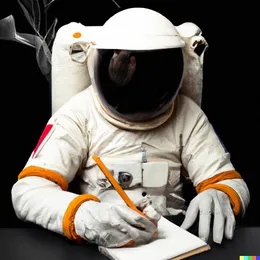
NASA's Pen-tastic Journey: From Ballpoint Blunders to Zero-Gravity Heroes
Get ready to blast off into a world of cosmic comedy with the untold story of space pens! From pen-tastic mishaps to gravity-defying doodles, this laugh-out-loud journey will have you rolling in the interstellar aisles.
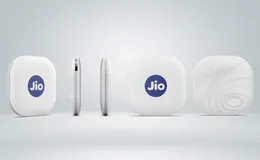
Can’t afford Apple AirTags? Lord Ambani has you covered with cheaper JioTag
If you are a human with a streak of losing objects, but can’t quite absorb the financial hit of an Apple AirTag, the JioTag is a dirt-cheap object tracker that will rescue you for just Rs. 749.

The Snapdragon 8 Gen 3: A Masterclass in Overhyped Mediocrity
Introducing the Snapdragon 8 Gen 3, where promises meet disappointment. Get ready for a laughably flawed experience that will leave you questioning the hype. Prepare to be underwhelmed!
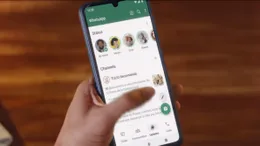
WhatsApp adds Channels. Your chat app is now social media, lads!
Channel is like a social media page — but more like a politician, who comes to the stage from time to time, barks at the audience, but doesn’t let anyone speak. You come, you read, and you fuck right off back to your life.
Google Search could be smothering your creativity
A Carnegie Mellon University study reveals starting your brainstorming process with Google can be detrimental to the group's creativity.
Teams relying much on search engines often produced inundatingly same, less original ideas due to a cognitive bias called "fixation effect," where seeing popular answers converges our thought process instead of diverging it.

While individuals weren't necessarily dumber with Google, groups of Google users seemed to get stuck in a rut, often coming up with the same common ideas, sometimes even in the same order! Talk about a copy-and-paste creativity crisis.
"This appears to be due to the fact that Google users came up with the same common answers, often in the same order, as they relied on Google, while non-Google users came up with more distinct answers," explained lead author Danny Oppenheimer.
EDITORS' PICKS

